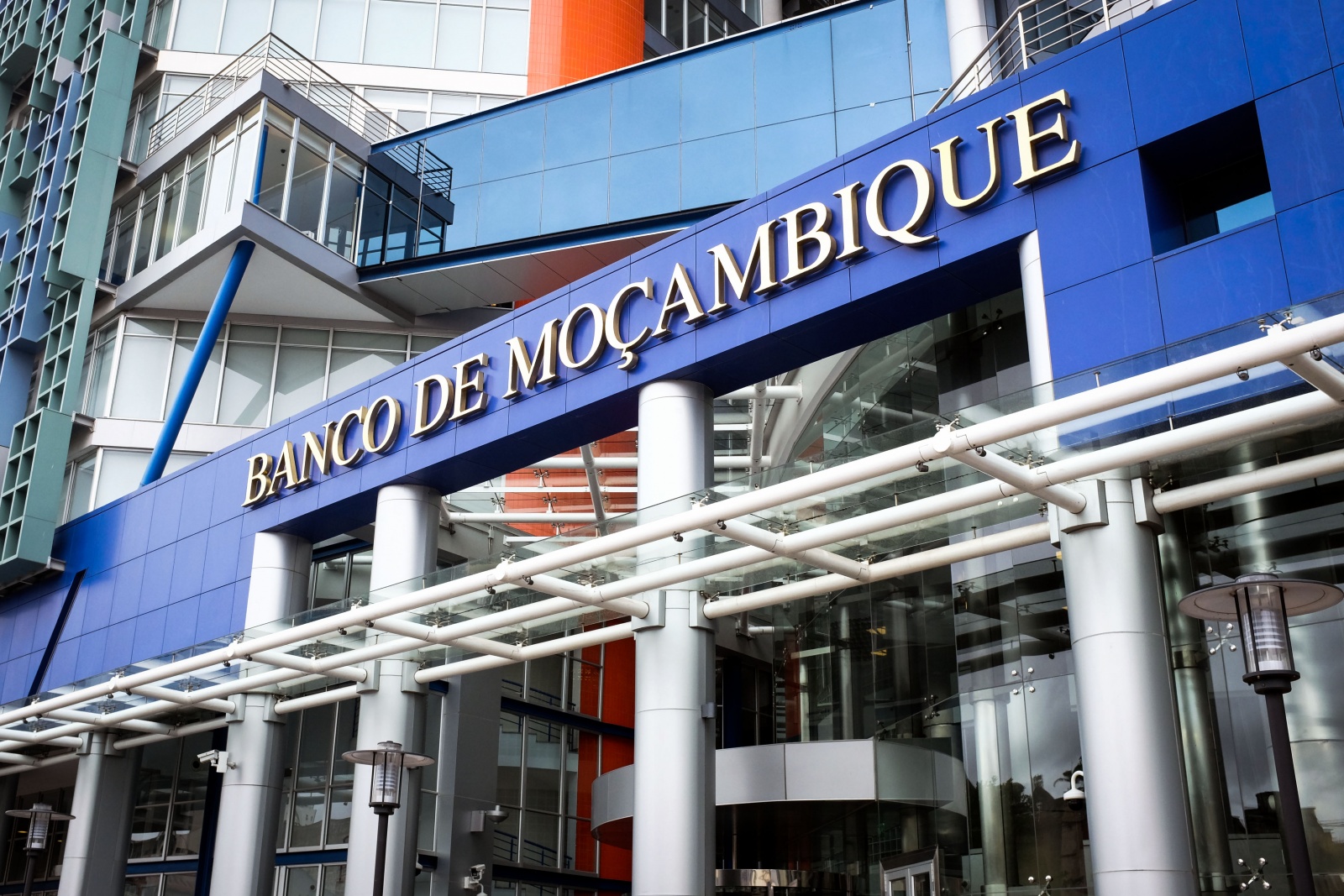The director of the Bank of Mozambique (BM), Silvina Abreu, admitted today before criticism from business people that the economy may have to “bleed” in the short term because of monetary policy to contain inflation.
“We think that it is necessary to allow a moment, in the short term, when the economy – because of the effects of monetary policy – may be bleeding, let us say, but for a greater good,” she said at a meeting with the Confederation of Economic Associations of Mozambique (CTA).
“We are striving so that, afterward, the effect is a reduction in inflation in which all economic agents operating in the market can benefit from this, including households,” she added.

Questioned about whether the peak of the monetary policy measures had already been reached, Silvina Abreu did not commit herself to an answer.
At issue is the increase in compulsory reserves that commercial banks must keep with the central bank.
The regulator decided on Wednesday to raise the coefficients to 39% of liabilities (in the case of deposits) in national currency and 39.5% in the case of foreign currency.
It was the second rise of the year, and at the beginning of 2023, they were 10.5% and 11.%, respectively.
Year-on-year inflation in Mozambique slowed in April to 9.6%, the lowest in 12 months.
The BM justified the action by “aiming to absorb excessive liquidity in the banking system, with the potential to generate inflationary pressure.”
The entrepreneurs feel that the decision will make it even more expensive to obtain bank financing, which is essential in an economy of small and medium-sized businesses.
“We foresee many difficulties for [businesses] to grow, prosper and generate value for the economy,” said Oldemiro Belchior, vice president of Financial Policy and Services at CTA, at today’s meeting.
The increase in reserve requirements will lead to an increase in interest rates, and debt service “will worsen, not only for those seeking credit but also for those already benefiting.
“Businesses will resent” the “significant increase” in reserve requirements, he said.
João Figueiredo, president of the Portugal-Mozambique Chamber of Commerce and with a career in Mozambican banking, said that “there will be a worsening of interest rates and a penalty for the entire economy,” including large companies and families.
“We are all going to pay the consequences of this obstinate policy regarding inflation,” he added.
Despite admitting that there may be pressure in the short term, Silvina Abreu refuses the idea of seeing monetary policy as an eminent cause of a lack of credit to the economy.
“I wouldn’t like it to be said that this is the reason why you’re not going to give credit to the economy, because there have been other times of lower inflation and also there wasn’t a routing [of credit] by the banking sector to the economy,” she considered.
“There will be other factors that we could then calmly check that lead to the economy not being prioritized in terms of credit,” he said.
The administrator suggested that banking use more “creative” ways to enable financing to the economy.
“We are doing our part”, as the central bank; otherwise, it could be accused of “not playing this role and having inflation growing more than desirable”.
With information from Lusa
News Mozambique, English news Mozambique, Mozambican economy

